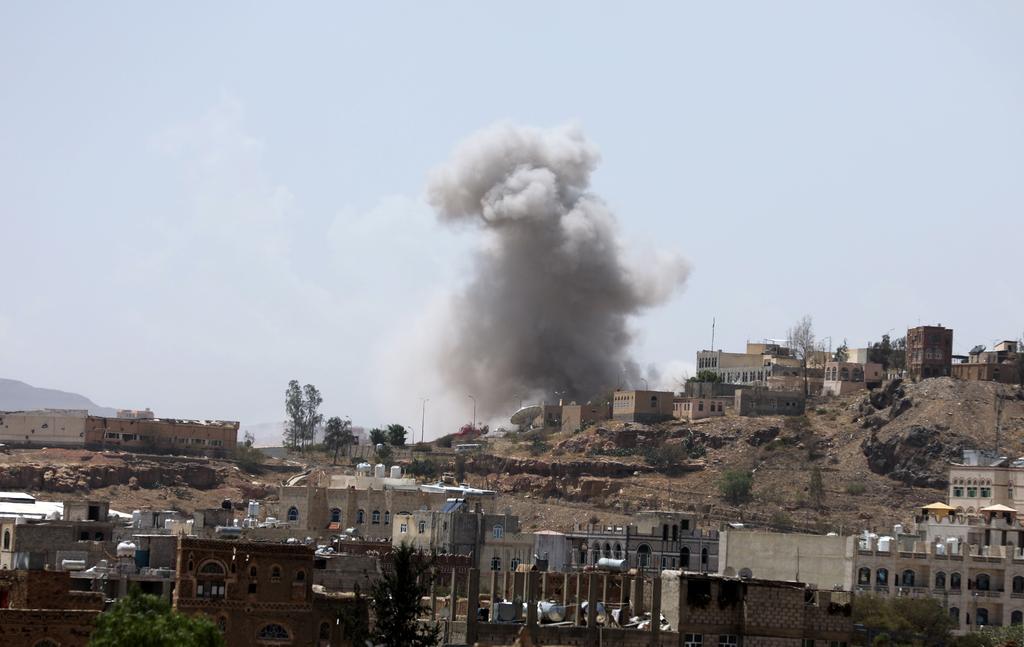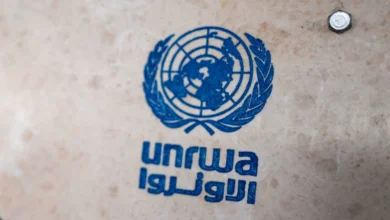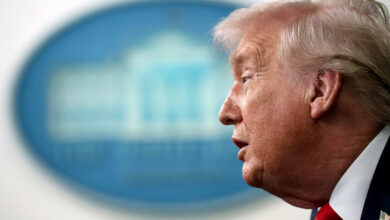
DUBAI (Reuters) – The United Nations and Western allies are pointing to the threat of coronavirus to push Yemen’s combatants to agree to fresh talks to end a war that has left millions vulnerable to disease, the UN and sources familiar with the matter said on Thursday.
The world body has sent a proposal to the internationally recognized government, the Saudi-led military coalition that supports it and the Iran-aligned Houthi movement that holds the capital Sanaa and most major towns, said two of the sources.
They said UN special envoy Martin Griffiths is working to convene the parties via video conference soon to discuss the working document that calls for a nationwide ceasefire, including halting all air, ground and naval hostilities, and for the parties to ensure compliance by forces on frontlines.
Griffith’s office said the need for peace talks was urgent.
While the World Health Organisation has said that there have been no confirmed coronavirus cases yet in Yemen, cholera, dengue, malaria and poor sanitation are rife in the country and around 80 percent of Yemenis are reliant on humanitarian aid.
“The Office of the UN Special Envoy for Yemen is engaging the parties on reaching agreements on a nationwide ceasefire… and the urgent resumption of the political process aimed at comprehensively ending the war,” a statement by his office said.
“This process further aims to foster joint efforts to counter the threat of COVID-19,” it said, adding it was also contacting a broader range of Yemenis to consult on how to help Yemen’s capacity “to avert and mitigate a COVID-19 outbreak.”
The five-year-old conflict, largely seen in the region as a proxy war between Saudi Arabia and its arch-foe Iran, has killed more than 100,000 people and unleashed an urgent humanitarian crises that has pushed millions to the verge of famine and forced thousands to seek shelter in displacement camps.
A spokesmen for the Saudi-led military coalition and the Huthi movement did not immediately respond to a Reuters’ request for comment.
The U.N. envoy has been trying to restart broad political negotiations last held in December 2018.
Saudi Arabia launched indirect talks with the Huthis late last year which led to a temporary lull in military operations, but a recent spike in violence has threatened fragile peace deals in main Yemeni ports that handle imports and aid flows.
US VOICES CONCERN
Three sources, including the first two, said Riyadh recently proposed hosting a meeting between the coalition, the Huthis and UN officials at a military base in the kingdom but that Huthi officials rejected the offer due to deep mistrust.
“The main challenge is that every party wants to have more control before starting any talks, hence escalation of violence,” one of the sources told Reuters.
US Secretary of State Mike Pompeo in a phone call with Saudi Foreign Minister Faisal bin Farhan on Wednesday expressed concern over the coronavirus pandemic and discussed the Yemen war, the State Department said, without elaborating.
The warring sides all welcomed a call last week by UN Secretary-General Antonio Guterres for a ceasefire, but on Sunday the Houthis fired missiles at Saudi cities, including the capital Riyadh. Saudi Arabia intercepted them and responded on Monday with heavy air strikes on Sanaa and Hodeidah province.
It was the first time Riyadh had been attacked by Houthi missiles since last summer. The group in late September offered to stop launching missiles and drones at Saudi Arabia if the coalition halted air strikes on Yemen, but has since struck Saudi border areas and no official truce was agreed.
The Houthis ousted Abd-Rabbu Mansour’s government from power in Sanaa in late 2014, prompting the Western-backed, Sunni Muslim coalition to intervene in March 2015 to restore him to power, but there has been a military stalemate for years. The Houthis say they are fighting a corrupt system.
Reporting by Aziz El Yaakoubi and Stephen Kalin; Editing by Ghaida Ghantous, William Maclean
FILE PHOTO: Dust rises from the site of a Saudi-led air strike in Sanaa, Yemen March 30, 2020. REUTERS/Khaled Abdullah




